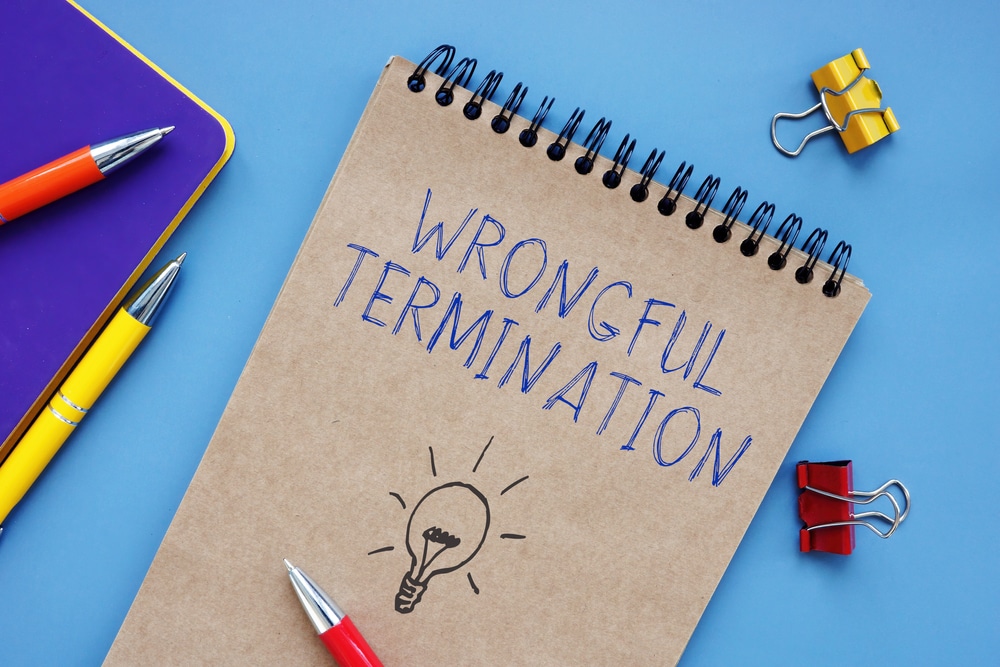Understanding Retaliation After Filing an Employment Complaint
Employment rights are fundamental to ensuring a safe, respectful, and equitable workplace environment. One critical aspect of these rights is protection from retaliation after an employee files a complaint concerning harassment or workplace safety issues. Retaliation occurs when an employer takes adverse actions such as demotion, termination, or other forms of discrimination against an employee for asserting their rights or reporting wrongdoing. This article thoroughly explores the nature of retaliation in the workplace, the legal protections available to employees, steps for documenting incidents, and how to seek proper legal assistance.
What Constitutes Retaliation in Employment?
Retaliation in the employment context refers to any punitive measure taken by an employer or supervisor against an employee who has engaged in legally protected activity. The most common scenarios involve employees reporting harassment, discrimination, unsafe working conditions, or other violations of workplace laws. Typical retaliatory actions include demotion, suspension, termination, reduction in pay or hours, exclusion from workplace activities, or a hostile work environment created as a result of the employee’s complaint.
For instance, if you report sexual harassment to your company’s human resources department and subsequently experience an unjustified demotion or lose your job, this could be a clear act of retaliation. It is vital to distinguish retaliation from legitimate disciplinary actions; retaliation is unlawful when motivated by the employee’s protected activity rather than performance or conduct issues.
Legal Protections Against Retaliation
The law in many jurisdictions provides robust protections for employees who speak up about workplace violations. In the United States, several federal statutes safeguard individuals from retaliation, including but not limited to:
- Title VII of the Civil Rights Act of 1964;
- The Occupational Safety and Health Act (OSHA);
- The Whistleblower Protection Act;
- The Fair Labor Standards Act (FLSA);
- The Americans with Disabilities Act (ADA);
- State-specific whistleblower and anti-retaliation laws.
These laws not only protect employees who report harassment but also those who complain about unsafe working conditions or other unlawful practices. The main goal is to encourage a transparent workplace where safety and dignity are prioritized without fear of detrimental consequences.
Why Document Everything?
If you suspect retaliation after filing a complaint, meticulous documentation is crucial. Employers may deny retaliatory motives, making it essential to provide evidence that links adverse employment action directly to your complaint. Useful documentation includes:
- Emails and written communications related to your complaint and any subsequent interactions;
- Names and contact information of witnesses who have knowledge of the situation;
- Dates and times of relevant events, such as when the complaint was made and when retaliatory actions occurred;
- Copies of performance reviews if relevant to the demotion or termination;
- Any employer policies that were violated or ignored during the retaliation.
Preserving this evidence enhances your ability to prove your case should you decide to pursue legal action or file a complaint with government agencies.
Steps to Take if You Face Retaliation
Experiencing retaliation can be emotionally taxing and professionally damaging, but there are steps you can take to protect your rights:
- Continue documenting all interactions and retaliatory actions;
- Contact your company’s human resources or compliance department to report the retaliation if they are distinct from the initial complaint department;
- Seek advice from an experienced employment attorney or legal consultant specializing in workplace retaliation and whistleblower protections;
- File a complaint with the appropriate government agency, such as the Equal Employment Opportunity Commission (EEOC) or OSHA, depending on the nature of your initial complaint;
- Consider alternative dispute resolution methods such as mediation or arbitration if available and appropriate;
- Maintain your professionalism and continue performing your duties to the best of your ability as retaliation claims often scrutinize employee conduct.
The Role of Whistleblower Protections
Whistleblower laws provide a critical shield for employees who report illegal or unethical activities within their organizations. These protections encourage accountability and transparency by ensuring employees can raise concerns without fear of reprisal. However, they only work effectively if employees are willing to come forward and organizations honor these protections.
Silence benefits only the employer by allowing harmful workplace practices to persist unchecked. If you witness or experience harassment, discrimination, or unsafe conditions, speaking up is a vital step toward improvement not only for yourself but also for your colleagues.
When to Seek Proper Legal Help
Navigating retaliation claims can be complex due to varying laws, procedural requirements, and evidentiary standards. Reaching out for professional legal assistance is strongly advised when you:
- Receive any adverse employment actions shortly after filing a complaint;
- Feel your employer is deliberately creating a hostile work environment;
- Are uncertain about your rights or the appropriate steps to take;
- Have been asked to sign documents waiving your rights or settlements under duress;
- Wish to file charges or lawsuits to enforce your rights.
A qualified employment law attorney can assess your situation, help gather evidence, advise on legal strategies, and liaise with employers or government agencies to protect your interests effectively.
Why Silence Only Benefits the Employer
Silence in the face of workplace violations allows harmful behaviors to continue and often emboldens employers to act with impunity. Employees who do not report issues indirectly contribute to the unchecked prevalence of harassment, discrimination, and unsafe working conditions. Thus, raising your voice against wrongdoing not only helps protect your rights but also fosters a safer and fairer workplace for everyone.
Conclusion
Retaliation after filing a complaint in the workplace is a serious violation of employees’ rights that can undermine personal well-being and disrupt professional careers. Legal protections exist to shield those who courageously report harassment, discrimination, and unsafe conditions, but enforcement requires vigilance, documentation, and often legal counsel.
Employees should be empowered to speak up without fear, knowing that laws enacted in 2025 and prior provide strong guarantees against reprisal. Keeping detailed evidence, understanding your rights, and seeking expert legal advice form the cornerstones of effectively combating retaliation.
At Consultant Legal Marketplace, we specialize in guiding employees through the complexities of employment law. If you experience retaliation or have concerns about workplace rights, do not hesitate to reach out via the contact options in our bio or send a private message for a confidential consultation.
Consultant Legal Marketplace is your trusted partner offering comprehensive legal support for employees facing retaliation and workplace disputes. Our expert team is committed to protecting your rights and securing just outcomes through dedicated representation and advice.































